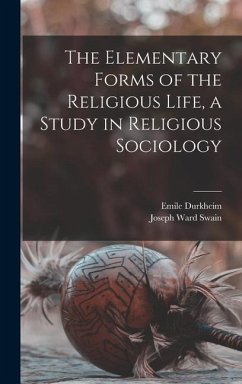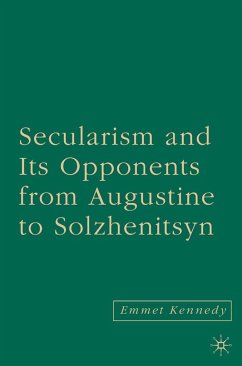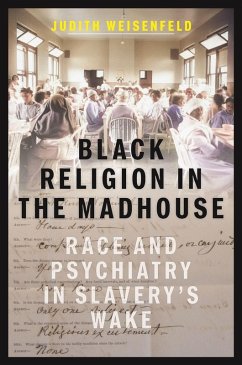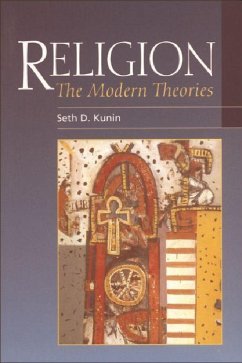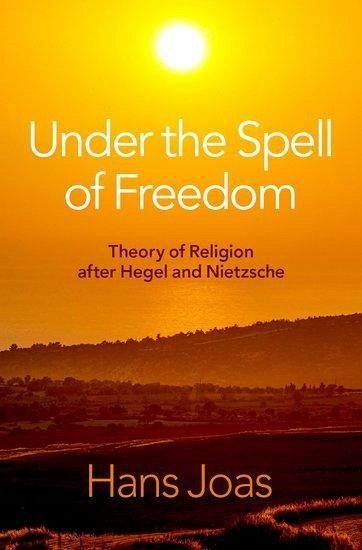
Under the Spell of Freedom
Theory of Religion After Hegel and Nietzsche
Versandkostenfrei!
Versandfertig in über 4 Wochen
76,99 €
inkl. MwSt.
Weitere Ausgaben:

PAYBACK Punkte
38 °P sammeln!
In Under the Spell of Freedom, Hans Joas deconstructs the grand Hegelian narrative of human history as the self-realization of the idea of freedom, setting as a counterpart the sketches of a theory of the emergence of moral universalism. He takes the classical views of Hegel and his emphasis on the role of Protestant Christianity and the extremely negative views about Christianity in the work of the philosopher Friedrich Nietzsche to elaborate on this new understanding of religion and freedom, which encompasses a range of intellectual traditions and avoids Eurocentrism. Joas answers the empiri...
In Under the Spell of Freedom, Hans Joas deconstructs the grand Hegelian narrative of human history as the self-realization of the idea of freedom, setting as a counterpart the sketches of a theory of the emergence of moral universalism. He takes the classical views of Hegel and his emphasis on the role of Protestant Christianity and the extremely negative views about Christianity in the work of the philosopher Friedrich Nietzsche to elaborate on this new understanding of religion and freedom, which encompasses a range of intellectual traditions and avoids Eurocentrism. Joas answers the empirical question of when, where, why, and how such a moral universalism emerged and developed.





